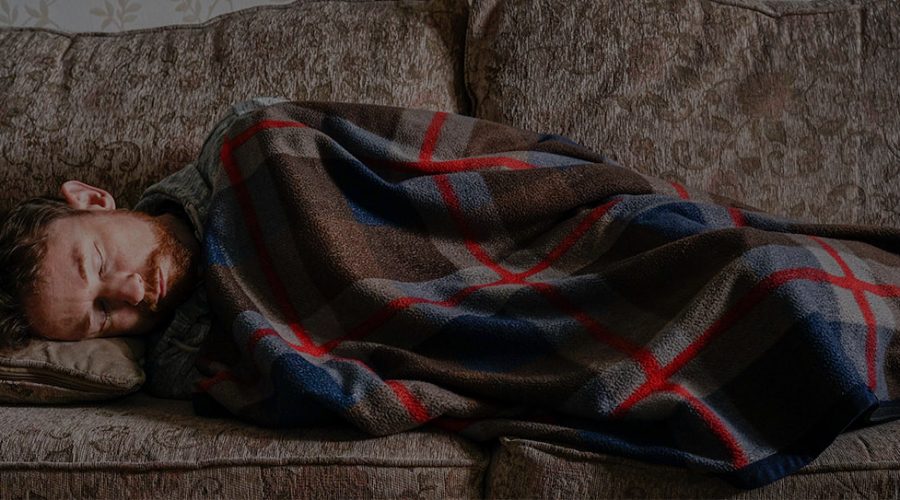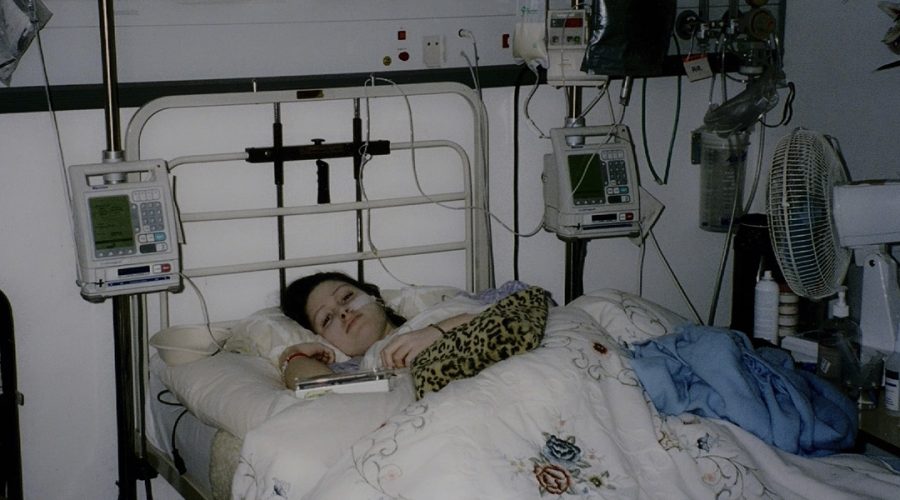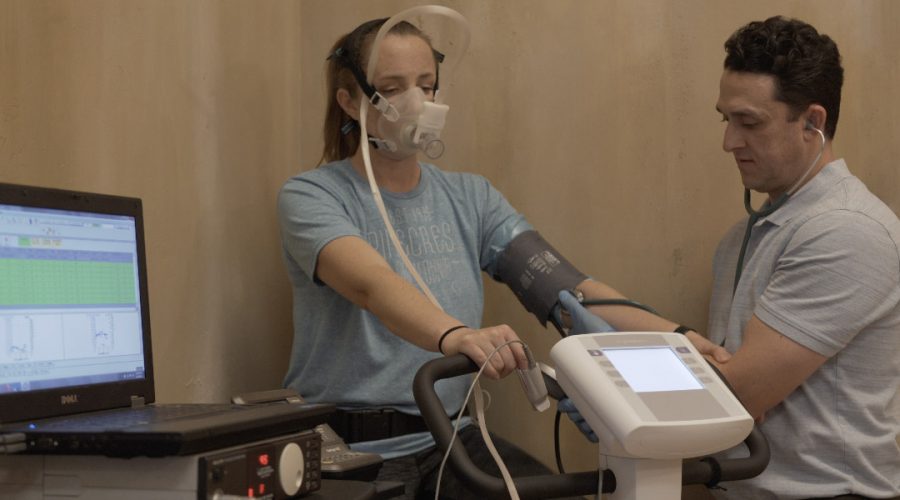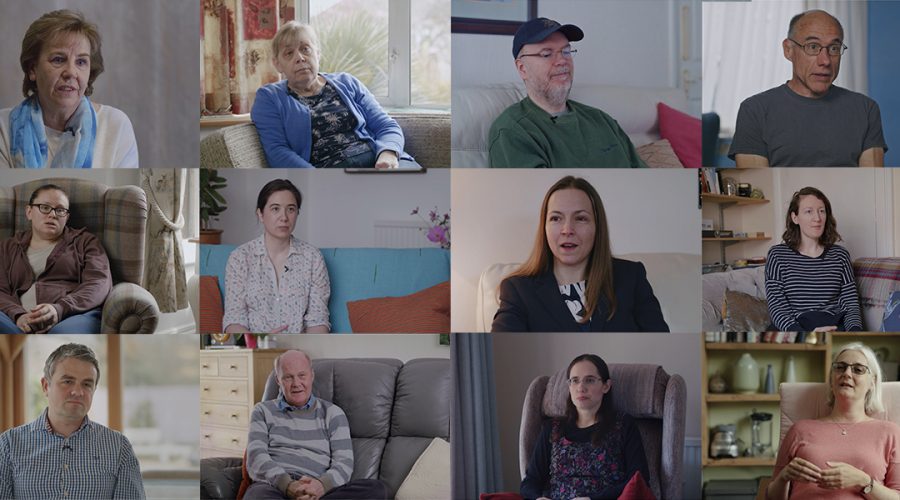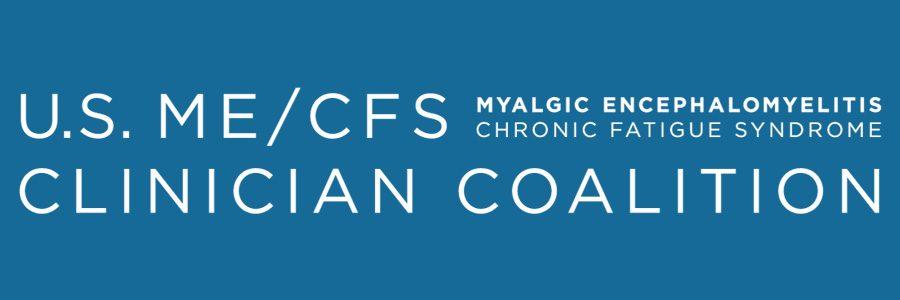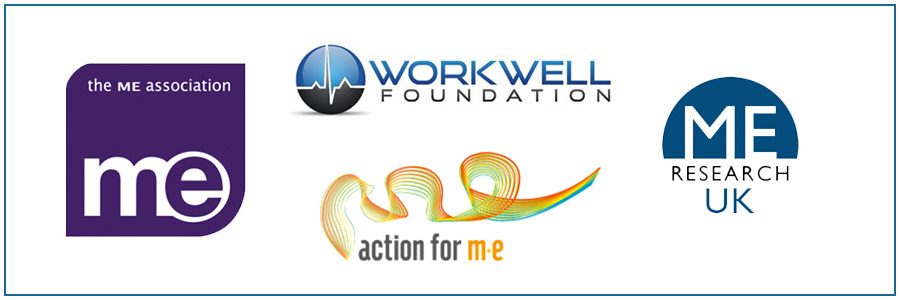We are delighted that links to our videos about Post Exertional Malaise and Severe ME/CFS, in the ‘Dialogues from a neglected illness’ project, have been included in the new resource
Dialogues for a neglected illness (Dialogues for ME/CFS) was produced with a Wellcome Public Engagement Fund Award between Sept. 2018 and Dec. 2021. It explores aspects of the disease known as ME/CFS from the perspectives of doctors, researchers, patients, carers, advocates and MPs. During this three year period major changes have taken place:
1 – In the UK the large Decode ME/CFS DNA Studyfunded by the Medical Research Council has progressed and will launch in Jan 2022. Samples will be collected from around 20,000 patients. Worldwide, ME/CFS research is progressing and attracting new researchers from a range of disciplines, often using cutting edge technologies to investigate complex multi-system disease – the challenge of the 21st century.
2 – The realisation that COVID-19 is one of the many viruses and pathogens that can cause prolonged illness with multi-system dysregulation resembling ME/CFS, has given great urgency to this research.
3 – The UK NICE Guideline for ME/CFS has at last been updated. All relevant research was carefully evaluated and after several delays, the old guideline was replace by a more thorough, evidence-based guideline in October 2021. This has been an uncomfortable experience for those professionals still wedded to the old guideline’s recommendations.
There is an urgent need for professionals to learn more about ME/CFS and it is hoped that these videos will continue to play a significant educational role. In 2020 Paul Chrisp, director of the Centre for Guidelines at NICE, said:
“ME/CFS can cause profound, long-term illness and disability, and much of the distress surrounding it is caused by difficulties in recognising, acknowledging and accepting the condition and its impact. This has been compounded further by a lack of effective treatments, wide variation in access to services, and by controversy over the use of graded exercise therapy and CBT that has served only to alienate many people with ME/CFS and in some cases undermine the confidence of those caring for them.”



